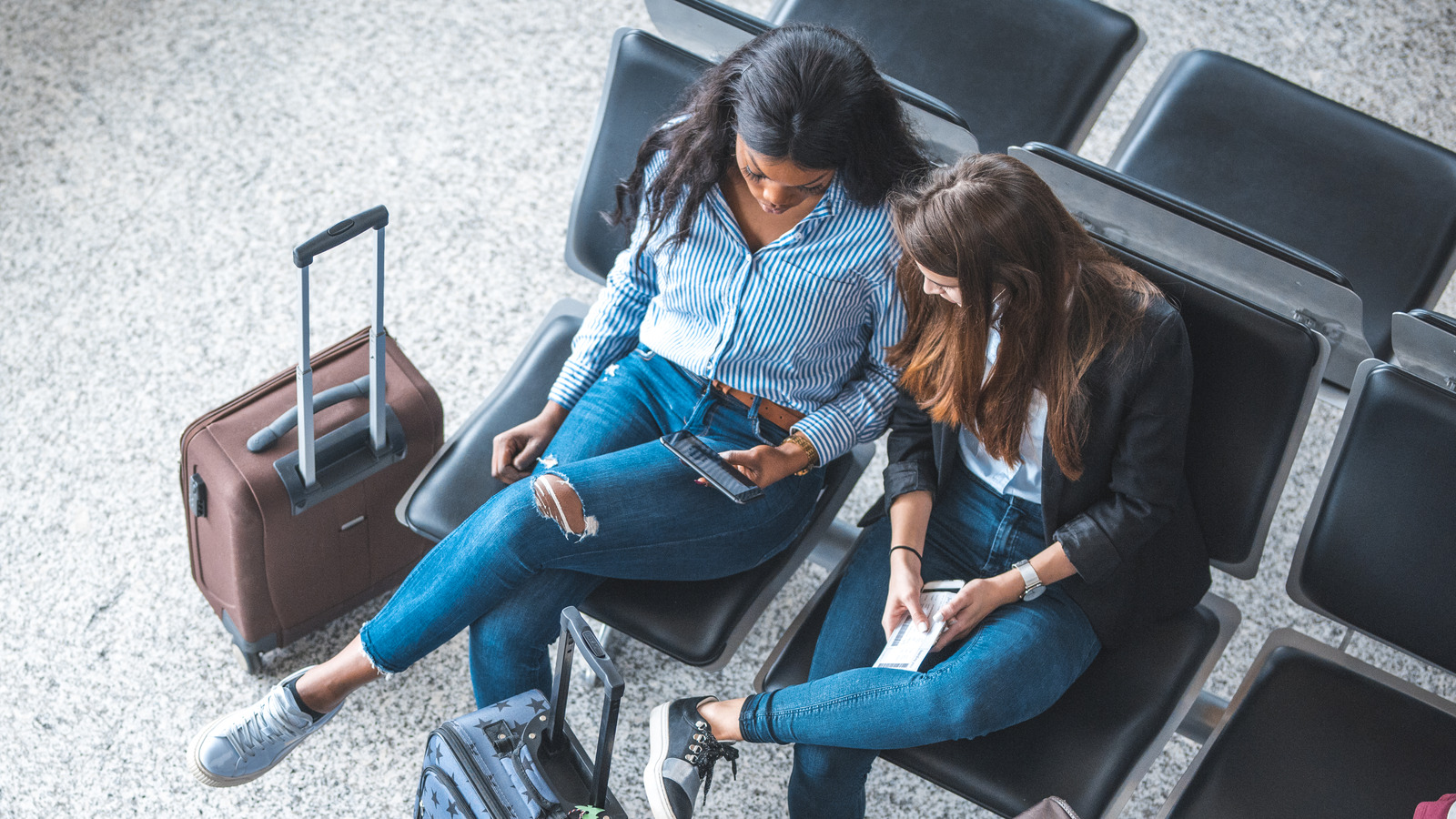
Why You Should Think Twice Before Using Public Wi-Fi When Traveling – Explore
One of the best parts about traveling is that you always have the option to unplug and explore a new place without being tethered to your electronic devices. You are not obligated to refresh your email inbox throughout the day, and you can even choose to lock away your gadgets altogether. If you still wish to stay connected, though, you can easily do so by using your mobile data.
If you plan to travel overseas, though, staying connected can be tricky. Roaming fees can get pretty steep, and even if your carrier offers cheap daily plans for data access, the costs can still stack up, especially if you’re traveling for a longer period.
You may be inclined to rely on public Wi-Fi at airports, hotels, and other public establishments for your daily dose of TikTok and Instagram, but security experts warn against doing so. In fact, according to the FBI, hackers and other folks with malicious intent can retrieve your personal information and use it for nefarious means, like selling your data to third parties.
Hackers may get a hold of your personal data
 fizkes/Shutterstock
fizkes/Shutterstock
Connecting to the Wi-Fi network of a corner cafe or your hotel may seem harmless, but you’re still not guaranteed that your personal data will remain safe. Using public Wi-Fi makes you vulnerable to data theft because hackers may do things like remotely take over your device, infect it with malware, or swipe your passwords. If you really need to connect to a public network, you should do your due diligence and double-check that it’s a legitimate network and not the hotspot of a potential hacker.
On the flip side, the situation isn’t as bad as it used to be. In the past, websites weren’t well-equipped to protect visitors; but now, most websites have mechanisms in place to encrypt your data and digital activity. (Pro tip: If a website has an HTTPS in its URL, it’s typically safe to browse). This isn’t completely foolproof, of course, and you’re still better off using your mobile data or connecting to your own pocket Wi-Fi.
“We can’t 100% say, ‘If your devices are encrypted and you’re visiting encrypted websites, then you’re safe from hackers,'” Tom Kirkham, founder and CEO of IronTech Security, explains to Reader’s Digest. “Ultimately, it’s every user’s responsibility to be vigilant about protection. The more private you are, the more secure you are.”
You should always be wary about using public charging stations
 Milkovasa/Shutterstock
Milkovasa/Shutterstock
Apart from being careful about connecting to public Wi-Fi, cybersecurity professionals also offer a word of caution about using communal charging stations to top up your battery. Just like with public networks, hackers have reportedly found a way to use charging stations to wreak havoc on your digital security. “Bad actors have figured out ways to use public USB ports to introduce malware and monitoring software onto devices,” the FBI wrote in a tweet.
The FCC also issued a similar warning, noting on its website that charging your devices at free-for-all charging stations can result in what they call juice jacking. The connected devices can potentially acquire malware, which hackers could use to collect sensitive information like passwords to online accounts. Sometimes, even the USB cables in these stations are compromised.
When it comes to staying connected while traveling, the best course of action is still to take matters into your own hands. For internet access, you can either rely on mobile data or connect to your own Wi-Fi network. For charging, it’s still better to use a power outlet or your personal portable battery. You’ll thank yourself later.































![iFi's GO Bar Kensei Dongle DAC Supports K2HD Technology With Some Samurai Swagger [Updated] iFi's GO Bar Kensei Dongle DAC Supports K2HD Technology With Some Samurai Swagger [Updated]](https://i0.wp.com/cdn.ecoustics.com/db0/wblob/17BA35E873D594/33FF/45A11/QTXOLJR4xDKSNMMk2WlTgjaIlvSgcYpeU1xJzUwIoYs/ifi-go-bar-kensei.jpg?w=768&ssl=1)

























